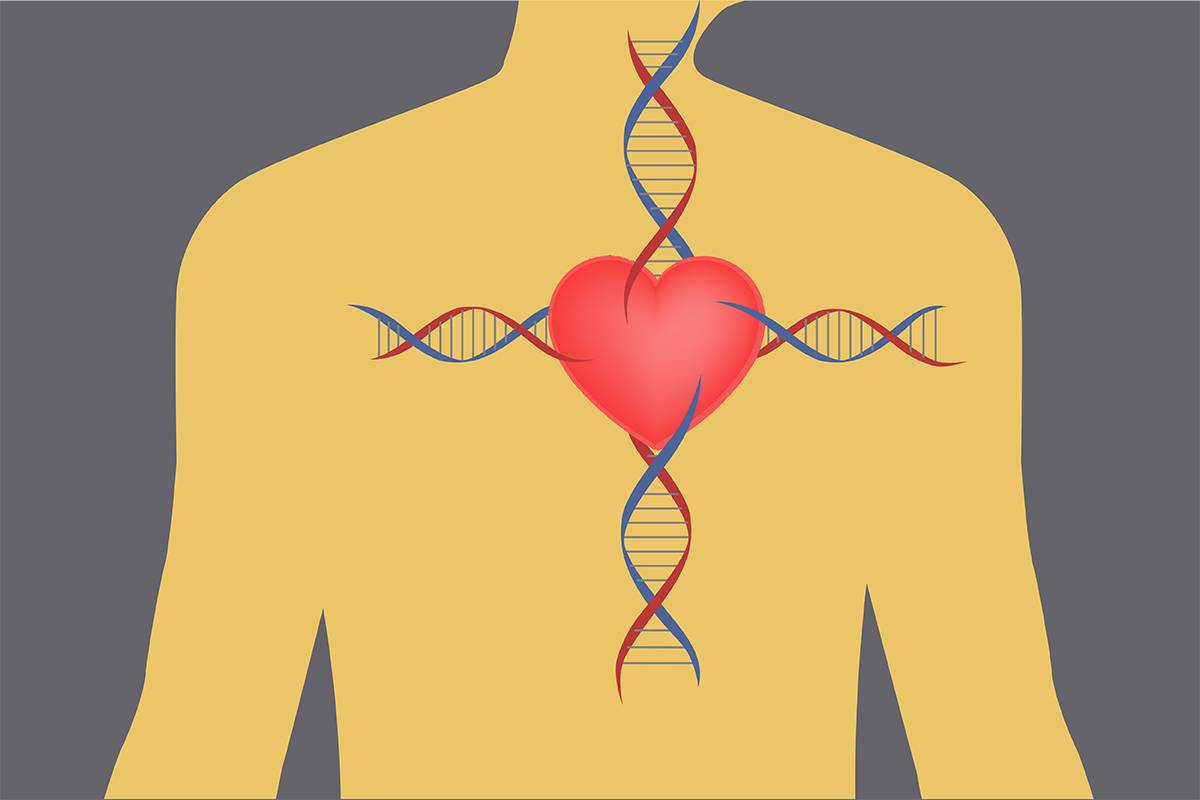Preventing Heart Disease – When heart specialists talk about prevention, they usually mean one of three types: secondary, primary, and primary prevention. All three have similar elements but different start times and different effects.
Secondary prevention. These efforts begin after someone has had a heart attack or stroke, had angioplasty or bypass surgery, or developed another heart disease. It includes taking medications such as aspirin and statins to lower cholesterol, quitting smoking and, if necessary, losing weight, exercising more, and eating a healthy diet. While the secondary measure might sound like “closing the outbuilding door after the horse is gone,” it isn’t. These steps can stop a second heart attack or stroke, stop the progression of heart disease, and prevent premature death. For example, the number one killer of first heart attack survivors is a second heart attack.
Primary prevention. Primary prevention aims to prevent a person at risk for heart disease from having their first heart attack or stroke, demanding angioplasty or surgery, or developing another heart disease. Also primary prevention usually aims at people with cardiac danger factors such as high blood pressure or high cholesterol. Secondary prevention and primary prevention focus on regulating these risk issues by making healthy lifestyle changes and taking medication if needed. However, the emergence of relevant cardiovascular risk factors means that inflammation, atherosclerosis and endothelial dysfunction are already at work and are, in most cases, irreversible.
Primordial prevention. The word “primitive” means from the start. Primordial prevention involves working to prevent irritation, atherosclerosis, and settling endothelial dysfunction, thereby preventing risk factors, such as high blood pressure, high cholesterol, and overheavy and cardiovascular events. Once rarely discussed, the ultimate prevention is now the cornerstone of the American Heart Association’s meaning of ideal heart health and its efforts to help people achieve it. As the name suggests, the sooner you start practising primary prevention, ideally from childhood, the more likely you will be successful and protect yourself from heart disease.
Table of Contents
Steps for early preventing heart disease
Three key lifestyle steps can significantly reduce your chances of developing cardiovascular risk issues and, ultimately, preventing heart disease:
1. Not smoking
Single of the finest belongings you can do for your health is not to use tobacco. Tobacco use is a hard habit to break, slowing you down, making you sick and shortening your life. One way to do this is to contribute to heart disease.
Researchers who examined the relationship between smoking and quitting during a decades-long prospective study of more than 100,000 women found that approximately 64% of current smokers and 28% of deaths amongst former smokers were attributable to smoking.
This study also described that much of the excess risk associated with smoking can significantly reduced after smoking cessation. In addition, the risk of death from all causes, that is, death from any reason, falls to the “never smoked” level 20 years after quitting.
Nicotine in tobacco products is one of the most addictive substances. It makes tobacco use one of the most difficult unhealthy habits to break. But don’t be discouraged; Most smokers quit smoking! There are more smokers in the United States today than smokers.
2. Maintain a healthy weight
Excess weight and extra-large waist size contribute to heart disease and other health problems. In a study of one million women, body mass index (BMI) was a vital risk factor for coronary heart disease. Furthermore, the incidence of coronary heart disease increases progressively with BMI.
3. Exercise
Exercise and physical activity are excellent ways to stop heart disease and many other diseases and conditions, but most of us become less active as we age.
Regular physical activity is one of the finest things you can do for your health. It reduces the risk of heart disease, diabetes, stroke, high blood pressure, osteoporosis and certain types of cancer. It may also help manage stress, improve sleep and mood, control weight, reduce the risk of falls, and improve reasoning function.
No marathon training is required to see real health benefits. A short 30-minute walk five days a week will benefit most people significantly. Any amount of exercise improves more than none.
While exercise and physical activity benefit the body, a sedentary lifestyle does the opposite: it increases the chances of being overweight and developing some chronic diseases.

